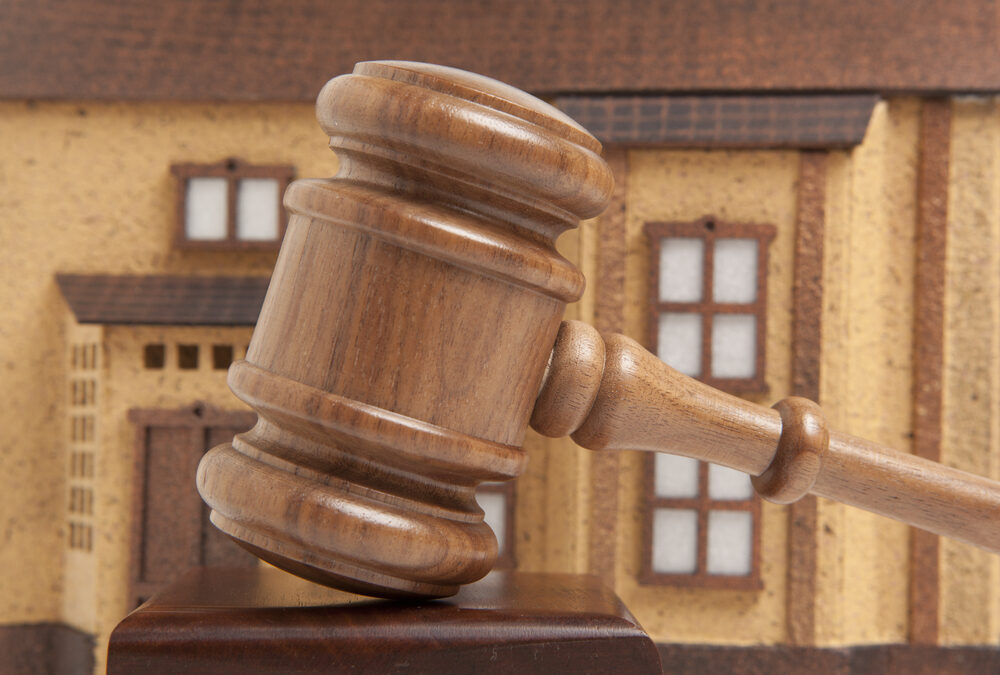The answer to this question is technically no. You cannot go to jail for unpaid bills. But, every rule has exceptions. Let us explain.
America’s Founding Fathers found the English system of imprisoning those who could not pay their debts cruel and unusual punishment. Thus, within the first few years of the founding of the new nation, early American lawmakers outlawed the use of “debtor’s prisons”.
But, in recent years many creditors have used the civil court system more aggressively to make debtors pay and it has led to jail time for some debtors.
Civil Lawsuits and Jail Time
Creditors or debt collectors may file a lawsuit against you in civil court for your unpaid debt. They do this hoping a civil judge will issue a judgment in their favor forcing you to pay your debt. If you cannot pay the debt right then, the judge may allow the creditor or debt collector to take the following actions:
- Garnish your wages
- Foreclose on your home
- Repossess property used as collateral
- Place a judgment lien on your property
The issue with going to jail happens if you live in a state that allows you to be held in contempt of court for failing to follow a court order. If you live in one of those states, a judge could order your arrest if you do not appear at the debtor’s examination hearing or if you do not follow through with any court-ordered debt repayment.
After being arrested, you could remain in jail until you could post a bond. Ironically, the amount set for your bond will likely be equal to the claim the creditor had against you.
Technically, you would not be going to jail for unpaid debt, but for disobeying a civil court order. But, repaying your debt is your only option of getting out of jail.
How to Avoid Civil Lawsuit Jail Time for Debts
Here are a few things you can do to avoid going to jail if your creditors take you to court:
- Do not ignore notices from your creditor that they are about to take legal action against you. You may be able to work something out with them before they take you to court.
- Do not ignore a court order of appearance for a debtor’s examination. It never hurts to tell the judge your side of the story. If there were extenuating circumstances for you not repaying the debt, they may be lenient. Plus, many times creditors will withdraw their claim if they say they cannot easily collect from you.
- File for bankruptcy. As soon as you file bankruptcy, an injunction known as the automatic stay goes into effect. The automatic stay stops creditors from taking any collection actions against you for the duration of your bankruptcy. Plus, bankruptcy could help you eliminate most if not all of your debts. An experienced bankruptcy attorney can help you determine if bankruptcy is your best option to protect you from court-ordered judgments and possible jail time.
Brock & Stout’s bankruptcy attorneys have over 20 years of experience helping debtors avoid “debtor’s prison”. Contact us for a free evaluation to see if we can help protect you.

